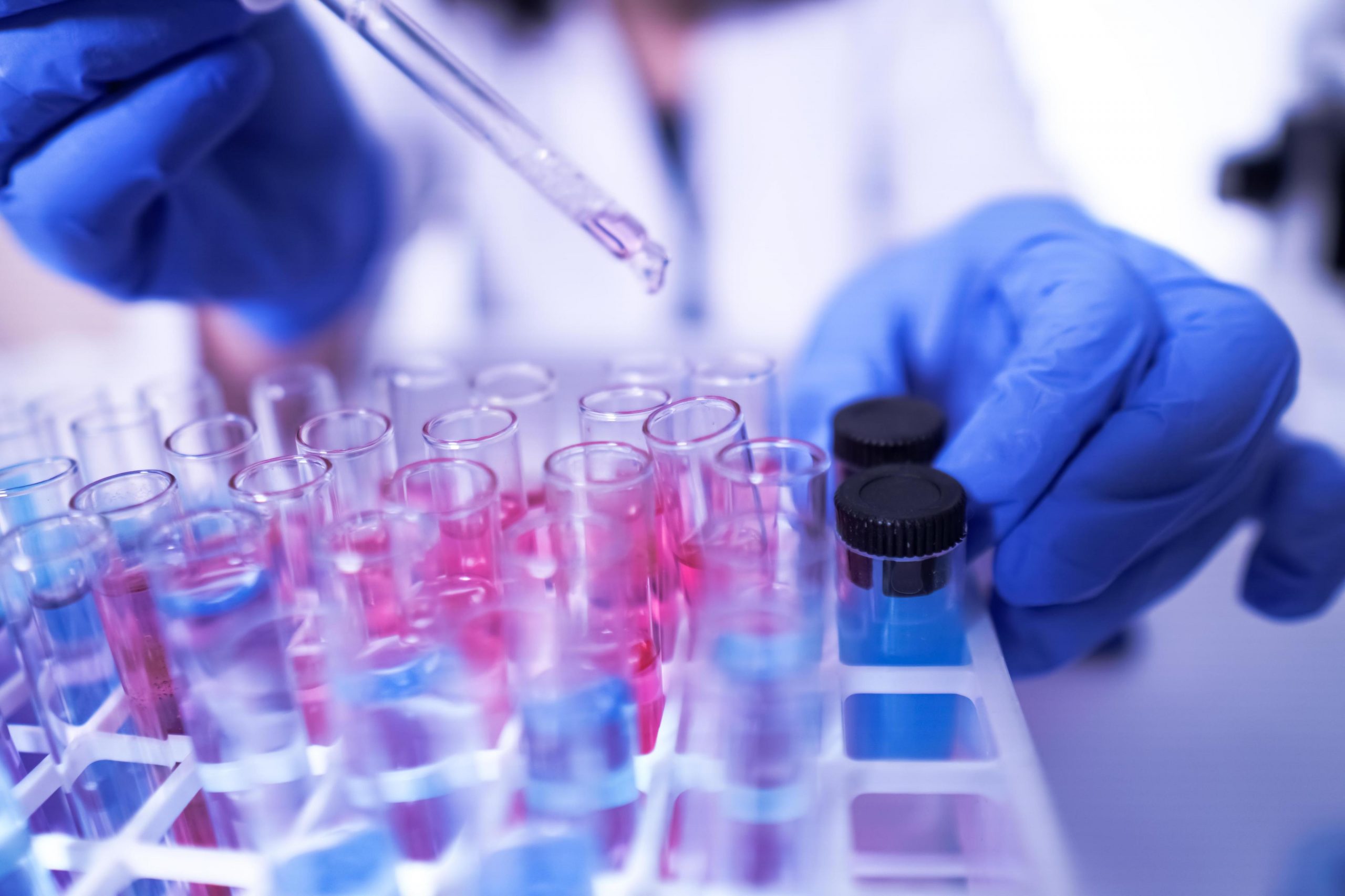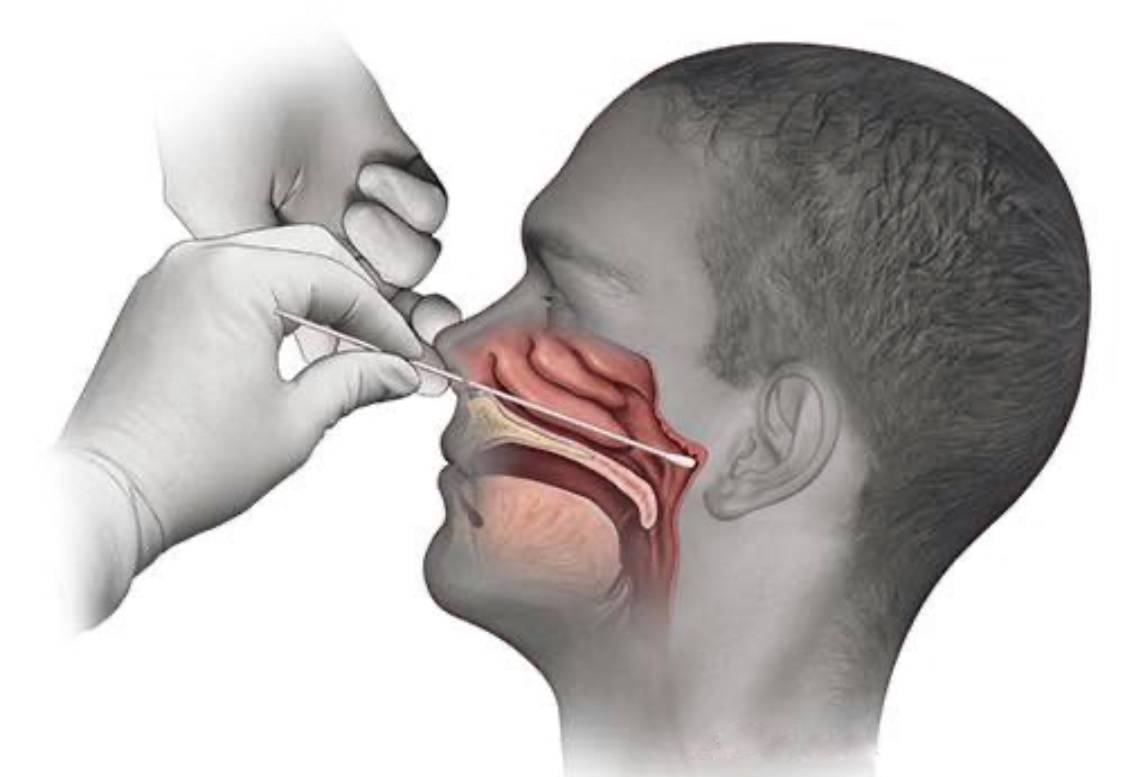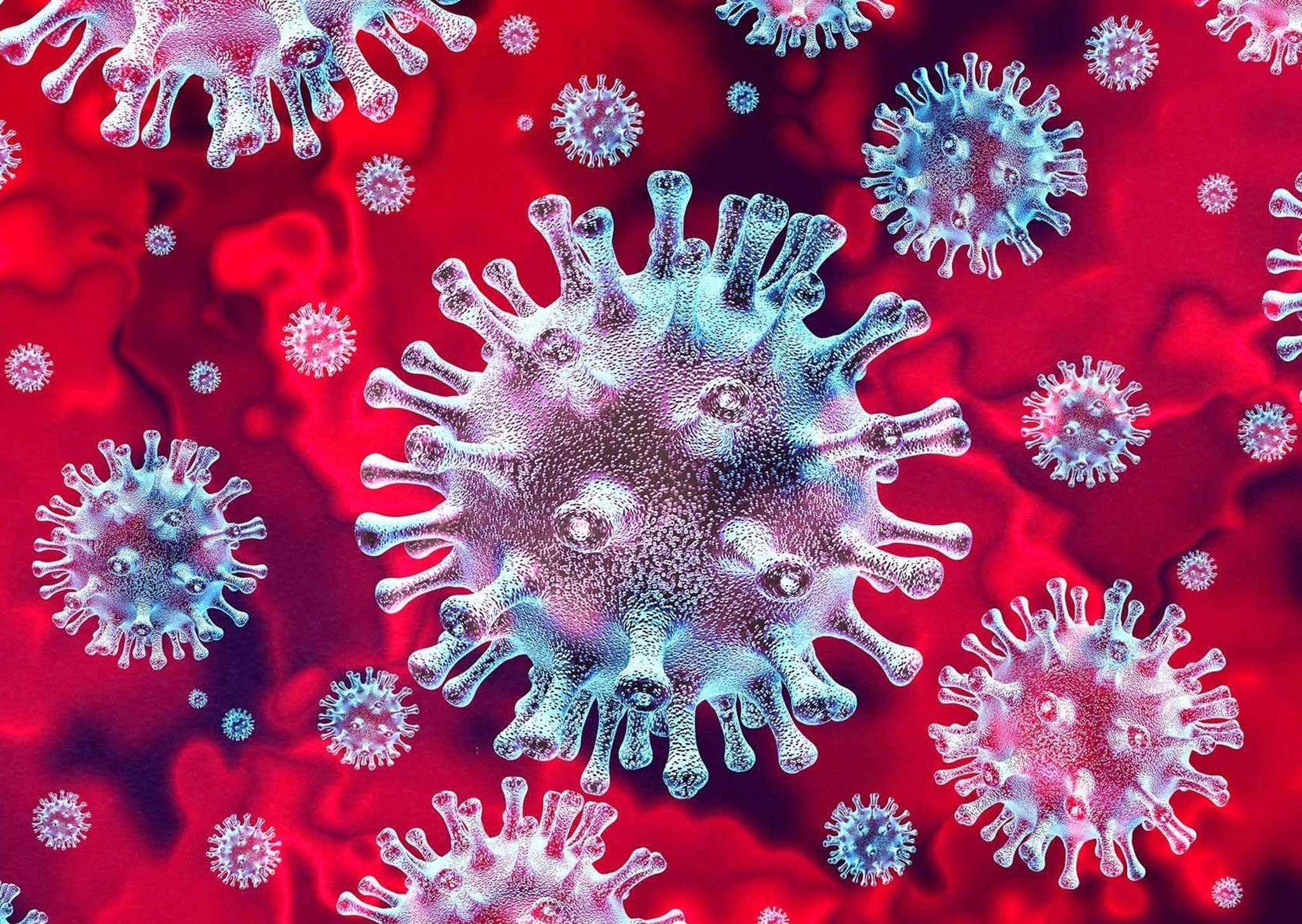Table of Contents
What is the Coronavirus?
If you have been on planet earth for about a year now, you must have heard of coronavirus and the havoc it left in its wake. Although still ravaging some parts of the world, this disease which is known to all as COVID-19 has …..The novel coronavirus was identified in the year 2019 to have originated from China and since then it has spread all over the world resulting in a pandemic.
According to www.mayoclinic.org, the coronavirus family is a family of viruses responsible for certain illnesses such as Severe Acute Respiratory Syndrome (SARS), Common cold, and Middle East Respiratory Syndrome (MERS). The virus which is known to cause the coronavirus disease is now known as the Severe Acute Respiratory Syndrome Coronavirus 2 (SARS-CoV-2).
Eligibility for A Coronavirus Test

Picture from: https://health.ucdavis.edu
Who Is Eligible for A Coronavirus Test?
Anybody can go for a coronavirus test at designated hospitals for the test if they come in contact with a coronavirus patient or are exhibiting symptoms of coronavirus.
What are these symptoms you might ask? Here are some symptoms to look out for to know if you are eligible for a Coronavirus test or not.
Symptoms of Coronavirus Disease
The symptoms of coronavirus may appear within 2-14 days of exposure to the virus. Although the virus’s incubation period according to the CDC (Centre for Disease Prevention and Control) is 14 days, its symptoms might manifest earlier depending on the individual and his or her medical history.
Common signs include;
. Cough
. Tiredness
. Fever
. Constant Sneezing
Early symptoms of the Coronavirus disease may include;
. Loss of taste or smell
Other symptoms might include the following;
. Severe Headache
. Sore throat
. Pink eye (Conjunctivitis)
. Chest pain
. Chills
. Runny nose
. Muscle aches
. Difficulty in breathing
. Diarrhea
. Vomiting
. Nausea
. Rash
Although the aforementioned symptoms are not all inclusive, a few of them have been seen in both adults and children afflicted with Covid-19. The older population and those who have other underlying medical conditions are even more susceptible to coronavirus and are at a higher risk of exhibiting worsened symptoms. Therefore you can say that the severity of the coronavirus disease increases with age. Here are some medical conditions that increase the risk of being seriously ill from the coronavirus.
. Cancer
. Chronic Kidney disease
. Sickle Cell disease
. Weak/Compromised immune system
. Severe Obesity
. Heart diseases
. Diabetes
. Asthma
. High blood pressure
. Liver Disease
Although not all inclusive, other underlying medical conditions might increase an individual’s risk of having a serious illness from Covid-19.
Diagnosis

Picture from: https://health.ucdavis.edu
Getting Tested for the Coronavirus Disease
Just like any other disease, for a diagnosis to be made, a series of tests have to be carried out. These tests are carried out in designated private, commercial, and state health labs. For the diagnosis of Covid-19, there are two types of tests which can tell if an individual is suffering from the coronavirus disease.
. Coronavirus Rapid Test or Antigen test
. Antibody test
How The Coronavirus Rapid Test Works
The Covid-19 Rapid test is carried out using a nasal or throat swab. Below is a step by step method of collecting your anterior nasal swab sample for a coronavirus test.
. Sanitize your hands with an alcohol-based sanitizer or wash your hands thoroughly under running water.
. Insert the 6-inch long swab into a nostril locating the cavity between the nose and mouth.
. Rotate the swab, rubbing it along the insides of your nostril several times for 15 seconds.
. Repeat the procedure for the second nostril to ensure that enough material is swabbed for the test.
. Insert the swab into a container and send it to a lab nearest to you for testing.
The Antibody Test
Remember, not all individuals exhibit coronavirus symptoms. This doesn’t mean they aren’t able to transmit the disease. This group of individuals who do not show symptoms of coronavirus infection while their immune system battles the virus are said to be asymptomatic. Asymptomatic individuals should be the most feared individuals as they can re-introduce the virus in an environment with a usual sneeze.
The antibody test is for these asymptomatic individuals who have suffered coronavirus disease in the past but weren’t aware they had suffered it.
The antibody test checks your blood for antibodies specific to coronavirus disease which the body forms to fight the virus. If the test does not any antibodies for coronavirus, your test will come out negative and this may be because of one of these two reasons below;
. You are free from the virus or,
. You are still in the early stage of the infection (at this stage, antibodies are not yet formed).
So if your result is negative, ensure to go for a second test which will serve as a confirmatory test that you are free from Covid-19.
If you test positive using any of the aforementioned tests, ensure that you;
. Stay home and only leave the house to get medical care.
. Stay in touch with your doctor.
. Get enough rest, take over-the-counter drugs like acetaminophen, and stay hydrated.
. Observe all Covid-19 measures to prevent transmission which includes handwashing and isolation.
Do not stay in bed nursing that persistent cough, visit a nearby health care centre to know your coronavirus status and stay abreast with coronavirus updates on www.bosterbio.com.













